Program Overview
The Wake Forest Center for Literacy Education sponsors professional learning for K-12 educators. These courses are intended to bring literacy to life for local public school teachers and school leaders and to help educators apply what they have learned to their own classroom and school environments.
Using a lifelong learning approach through short enrichment courses taught by Wake Forest faculty, staff, and community partners, these non-credit bearing courses focus on meaningful professional learning around topics in literacy education designed specifically for K-12 public school teachers and administrators.
A certificate of completion will be provided for submission to each participant’s school, district, or agency in order to request continuing education credit. Please refer all questions to CLE@wfu.edu.
Registration Information
Course descriptions and registration information can be found below. Registration and payment are required, and seats are limited.
There is a non-refundable $20 registration fee for in-person and virtual teacher professional learning courses. K-12 public school educators, university pre-service teachers, and Wake Forest alumni who attend an entire in-person course will receive a $20 gift card to reimburse their registration fee. Gift cards are not available for virtual coursework.
The Center for Literacy Education provides a limited number of scholarship grants for public school educators in Forsyth County to support their participation in teacher professional learning (e.g., registration fees, substitute teacher costs).
Participants will be contacted within a week of submitting registration and payment information to learn if they have been enrolled or if they have been waitlisted for the course. Refunds will only be offered to registered educators who do not make it off the waitlist, or if a course is cancelled or postponed. The registration fee for enrolled participants who do not attend for any reason will be considered a donation to the Center for Literacy Education to support future Teacher Professional Learning courses.
Upcoming Course Descriptions & Registration
Instructors:
Professors Chris Sheridan, Chris Zaluski, Peter Gilbert, and Cara Pilson
Date: Saturday, March 28, 2026
Time: 9:00 am to 2:00 pm
Instructional Contact Hours: 4
Location: Wake Forest Graduate School Brookstown Campus (Third Floor)
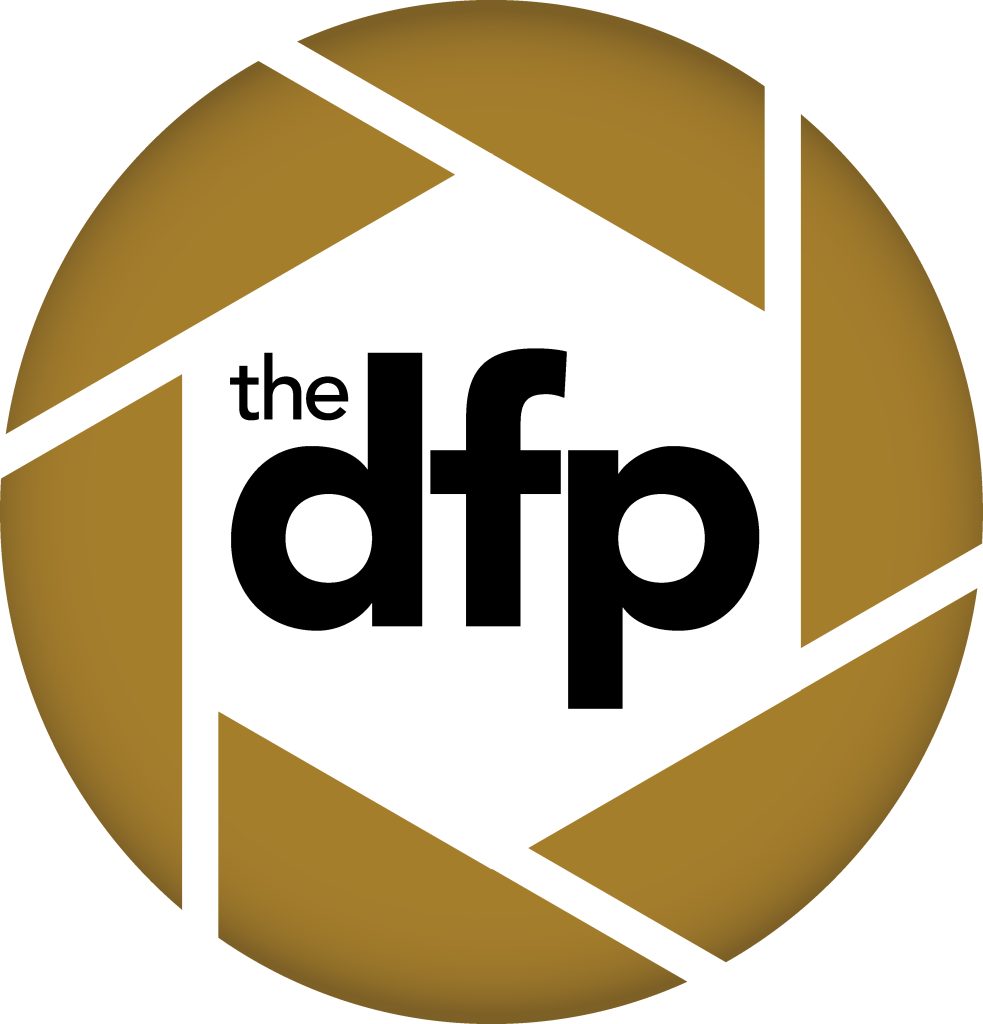
Some of our best learning and teaching comes through the use of stories and storytelling. In Unlocking the Power of Storytelling, you will learn that the art and craft of storytelling is no longer just for writers and filmmakers – it’s a valuable skill increasingly needed across all industries, and one of the most effective ways to reach your students. In this half-day, interactive workshop, the professors in the Wake Forest University Documentary Film Program will show you what makes a good story, how to effectively use storytelling and documentaries in your teaching, and run you through a fun, interactive video project that you can do with your students to help with their media literacy and help them start to build their own voice. No video experience necessary–just come with a passion for storytelling and a curiosity for how to better leverage stories in your classroom.
Chris Sheridan teaches courses in documentary and sports storytelling, digital and social media, and the business of sports media. He also supervises student internships. Sheridan is an award winning, journalist, content creator and media executive who has built and led content teams at some of the biggest media companies including ESPN, CNBC, NBC and ABC.
Christopher Zaluski teaches courses in advanced production, visual storytelling, and public advocacy. Prior to higher education, he worked as a multimedia journalist for The St. Louis Post-Dispatch and The Roanoke Times as well as the the Director of Video at Teach For America.
Peter Gilbert teaches courses in documentary storytelling, sports storytelling, cinematography and sound and entrepreneurship. Gilbert has had a distinguished career in producing, directing, and photographing documentaries, feature films, commercials, and music videos. He is one of the filmmakers who made Hoop Dreams, serving as a producer and director of Photography.
Cara Pilson teaches in the areas of documentary storytelling, research, clearance and fair use, ethics, and documentary history. She has worked as associate director, chief researcher and web producer on multiple award-winning films that were broadcast nationally and internationally, including, Negroes with Guns: Rob Williams and Black Power and Freedom Never Dies: The Legacy of Harry T. Moore.
Instructor: Cristofer Wiley, Civics Teacher, RJ Reynolds High School, Winston-Salem/Forsyth County Schools 2025 Teacher of the Year
Dates: Saturday, March 28, 2026 (Part I) and Saturday, April 11, 2026 (Part II)
Time: 1:00 pm to 4:00 pm
Instructional Contact Hours: 6
Location: MUSE Winston-Salem
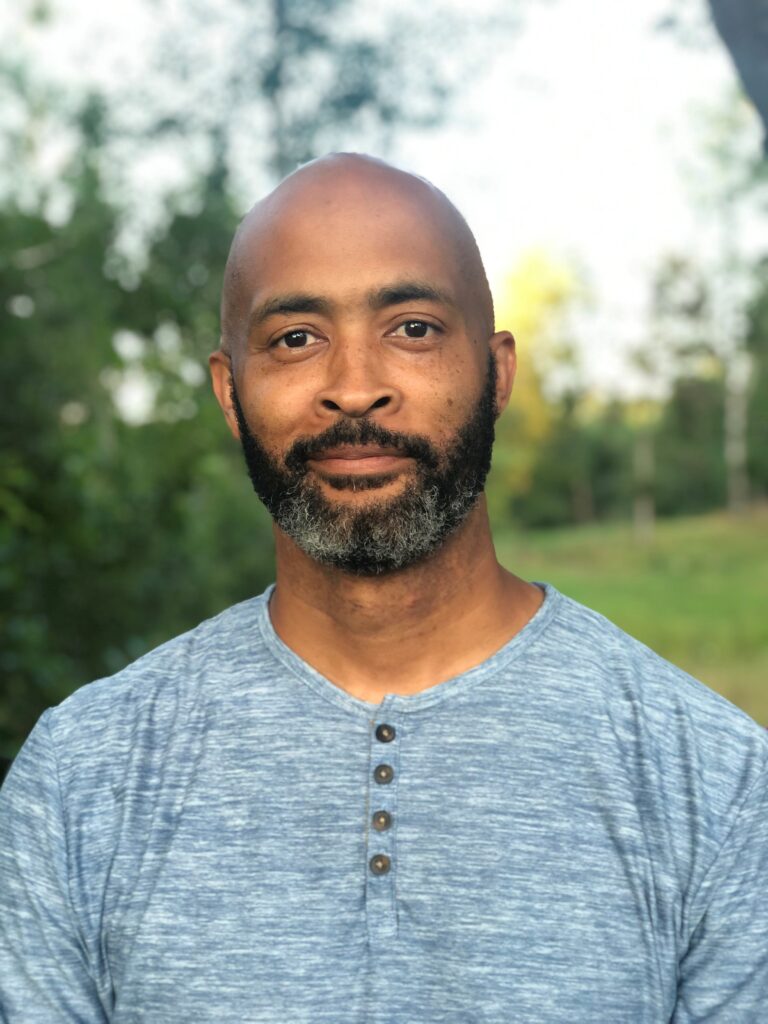
Civil Discourse in Civic Literacy stems from the instructor’s career experience in introducing high school students to the civic discourse. This course is intended to offer something of a compass by which to navigate our turbulent political times. A focus on the nation’s fundamental principles and, ideally, our shared values can pave the common ground for meaningful dialogue. The six classes will also serve as a model for accomplishing the same ends in a classroom setting across a range of content areas and grade levels. Appropriate supporting texts — articles, speeches, documents, and the like — will provide context for collective evaluation and consensus; comprehension will be aided by articulating the shifting perspectives of ourselves and others.
Cristofer Wiley has taught as an adjunct professor of education at Wake Forest. His courses include Educational Policy and Practice (EDU 201) and Social Justice Issues in Education (EDU 304). He is a Civics Literacy teacher at RJ Reynolds High School in Winston- Salem, North Carolina, and has served as a classroom teacher for two decades, dedicating his service to a full range of diverse students in the secondary setting, from sheltered English Language Learner classes to Advanced Placement courses.
Instructor:
Laurie Schaefer, Chair, NC Council on the Holocaust; Instructional Assistant, Wake Forest Department of Education
Date: Saturday, April 11, 2026
Time: 9:00 am to 4:00 pm
Instructional Contact Hours: 6
Location: DeTamble Auditorium (A110), Tribble Hall, Wake Forest University
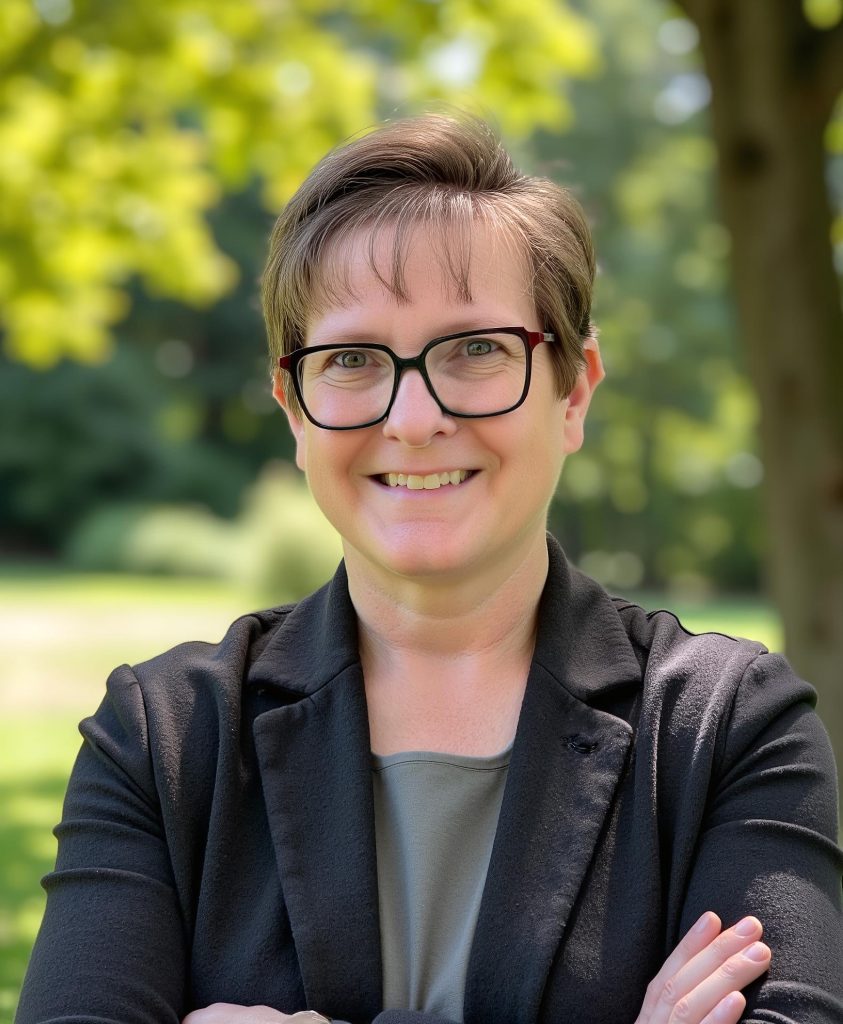
In Unpacking Propaganda: Education and Indoctrination in the Third Reich, teachers in middle and high school are invited to participate in this detailed study of Nazi propaganda and the education system under the Third Reich, which employed propaganda to indoctrinate the youth of Germany. Using a lens of media literacy, teachers will learn how to lead students through lessons that analyze propaganda and how it was used to manipulate those most susceptible to it: the children of Nazi, Germany.
Laurie Schaefer, a retired North Carolina high school English Language Arts teacher with 29 years of experience, has devoted her career to Holocaust education. She holds a Bachelor of Science from Appalachian State University, is a National Board Certified teacher, and is currently pursuing a Master’s degree in Holocaust and Genocide Studies at Gratz College. Laurie began teaching Elie Wiesel’s Night during her first year in the classroom and was trained at the United States Holocaust Memorial Museum’s Belfer Conference in 1996. In 2006, she was named a Museum Teacher Fellow and went on to present and mentor for eight years within the program. Appointed to the NC Council on the Holocaust in 2019, Laurie now serves as the Chair of the Council and leads the Council’s Program Planning Committee, which organizes workshops and webinars for educators across the state. She also manages the Council’s teacher website and was part of the six-member team that developed ELA curriculum resources and professional development for the Gizella Abramson Holocaust Education Act. In addition, Laurie serves as a facilitator for Echoes and Reflections and as an Education Consultant and Project Manager for Women of the Shoah in Greensboro. She has written and implemented a Holocaust elective course, led student and teacher tours to Holocaust sites in Europe, and continues her work as an independent contractor with several Holocaust education organizations.
Instructor: Cristy Guleserian, Executive Director of Leadership and Character in the College, Wake Forest University
Dates: Saturday, April 11, 2026
Time: 9:00 am to 12:00 pm
Instructional Contact Hours: 3
Location: Davis House, Wake Forest University
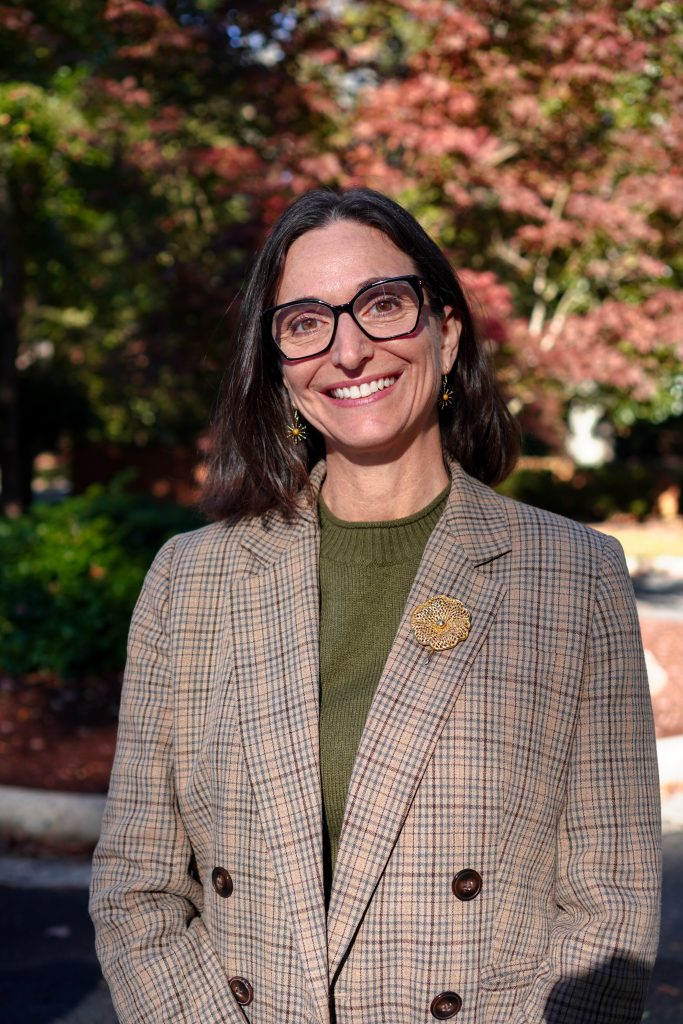
The purpose of this course, Engaging Reflective and Relational Practices to Foster Character, Care and Community in K-12 Schools, is to engage teachers, and help them to engage students, in reflective and relational practices to foster character, care, and community in K-12 schools. Through the introduction of a shared language, tools, and strategies, educators will be equipped to model for their students the skills, mindsets, and dispositions necessary to build educational cultures grounded in leadership and character. Together, we will discover how to evolve as individuals, cultivate connection and trust, nurture responsibility and purpose, and engage communities of practice that lead to flourishing students and educators in K-12 learning environments.
Cristy Guleserian is the Executive Director in the College for the Program for Leadership and Character at Wake Forest University, where she leads institutional efforts to integrate character formation across undergraduate student, faculty, and staff initiatives. Previously, she served as architect and Executive Director of Principled Innovation at Arizona State University’s Mary Lou Fulton College for Teaching and Learning Innovation, where she co-led major grant initiatives to embed character into curricular, co-curricular, and cultural efforts across the university. She also directed social-emotional learning and character development programs with Casa Center for Positive Social Change and worked as an interpersonal communications consultant across education, health, nonprofit, and business sectors. Cristy holds a B.S. in Interpersonal Communication from Ohio University, an M.S. in Management from New England College, and an M.A. in Character Education from the University of Birmingham. She is an active leader in national networks of character education and contributes to publications and design frameworks in the field.
Instructors:
Amanda Kaufman, Learning and Instructional Services Librarian, Z. Smith Reynolds Library, Wake Forest University
Colleen Foy, Research and Instruction Librarian, Z. Smith Reynolds Library, Wake Forest University
Date: Wednesday, April 15, 2026
Time: 1:30 pm to 5:00 pm
Instructional Contact Hours: 3.5
Location: Wake Forest Downtown Campus (Room 1505)
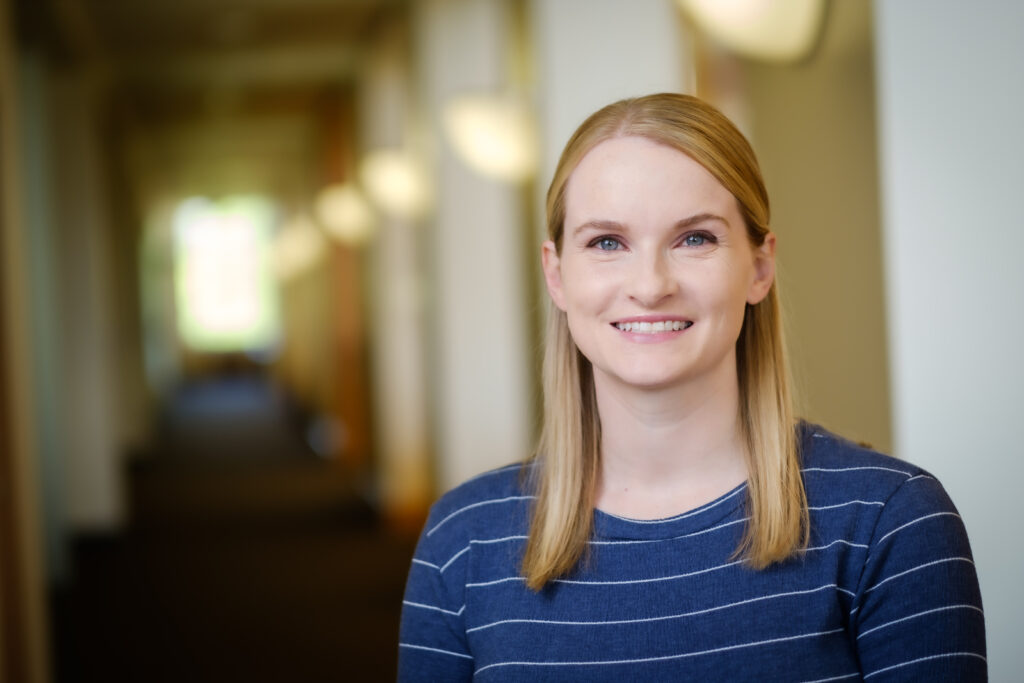
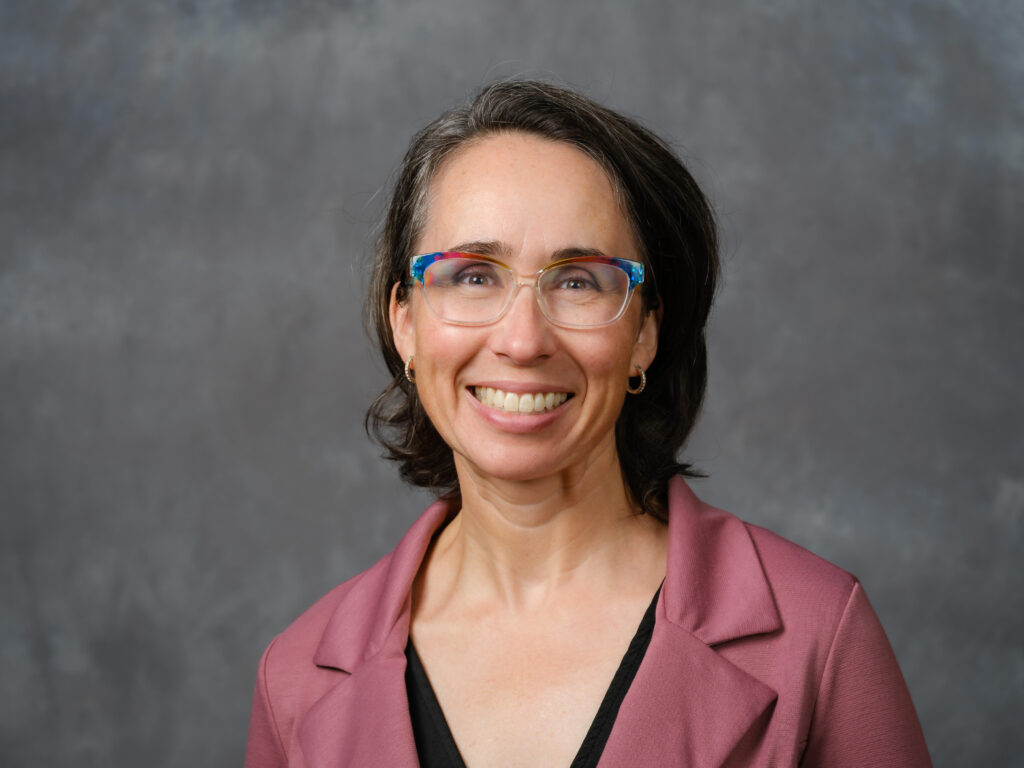
Teaching Information Literacy in Secondary Schools will focus on integrating research skills into the high school curriculum across content areas. This course is intended to help teachers navigate the continued need for traditional research instruction (e.g., topic development, developing a search strategy, source evaluation, plagiarism and citation) with modern developments and challenges such as artificial intelligence tools, personal algorithms, and social media-based pseudoscience. This teacher professional learning course will focus on preparing students for research after high school, whether that involves college-level writing, research in the workforce, or personal inquiry in their daily lives.
Amanda Kaufman is the Learning and Instructional Services Librarian at the Z. Smith Reynolds Library, Wake Forest University. Amanda graduated from Kansas State University in 2009 with a BA in English. She received a master’s degree in library science from UNC-Chapel Hill in 2012 and a master’s degree in Educational Studies from Wake Forest University in 2023.
Colleen Foy is the Research and Instruction Librarian for the Sciences at the Z. Smith Reynolds Library, Wake Forest University. Colleen graduated from Auburn University with a BS in Health & Exercise Science in 1999. She received a master’s degree in library and information studies from UNC-Greensboro in 2021.
Instructor: Paul Whitener, Associate Director of Digital Fabrication and Maker Education, Wake Forest University
Date: Saturday, April 18, 2026
Time: 10:00 am to 3:00 pm
Instructional Contact Hours: 5
Location: WakerSpace, Wake Forest University
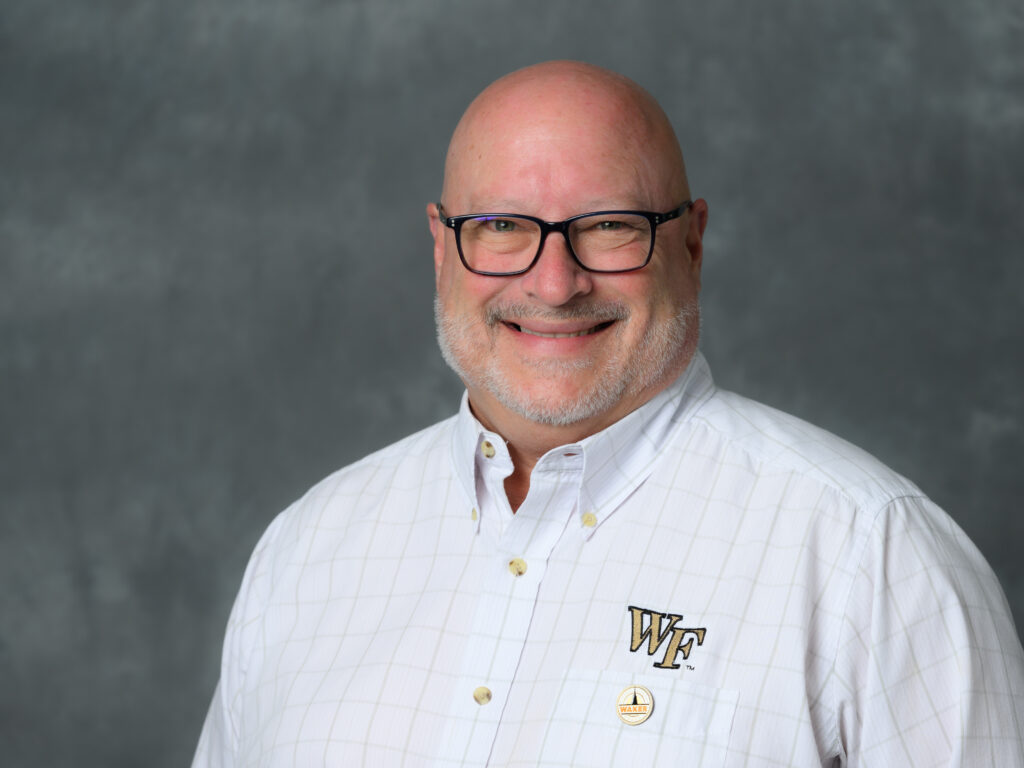
Making in the K-12 Classroom will take place at WakerSpace on the campus of Wake Forest University and will introduce simple hands-on projects to help teachers encourage students’ critical thinking, problem solving, collaboration, and creativity. It will highlight the value of “making” as it pertains to wellbeing both in and out of the classroom. The workshop is open to all K-12 educators and will include a broad range of topics and tools, such as 3D printing, podcasting, crafting, Makey Makey, and the Marshmallow Challenge to encourage and foster hands-on experiential learning.
Paul Whitener is Associate Director of Digital Fabrication and Maker Education at Wake Forest University. As an Information Systems staff member assigned to the Wake Forest makerspace, the WakerSpace, Paul is involved in technology and making, which is used to teach students in and out of the classroom. With a bachelor’s Degree in Communications with a Television Production Concentration and an Associate’s Degree in Electronic Engineering, Paul brings over 30 years of experience, all based in technology, to the program. In his current role, Paul works with students on a daily basis helping them to utilize various “maker” technologies in their coursework. He has also co-facilitated the Computer Science STEM Robotics course as well as led many “pop-up” labs geared towards extracurricular learning for the WFU community. These labs include Arduino, Raspberry Pi, Makey Makey, laser cutting, and 3D printing technologies. In the spirit of Pro Humanitate, Paul is also involved in many technology outreaches to middle and high school students.
Instructor: Janie Bass, Coordinator of Early Childhood Education, Reynolda House and Gardens
Date: Saturday, April 18, 2026
Time: 9:00 am to 12:00 pm
Instructional Contact Hours: 3
Location: Reynolda Gardens, Brown Family Conservatory Welcome Center
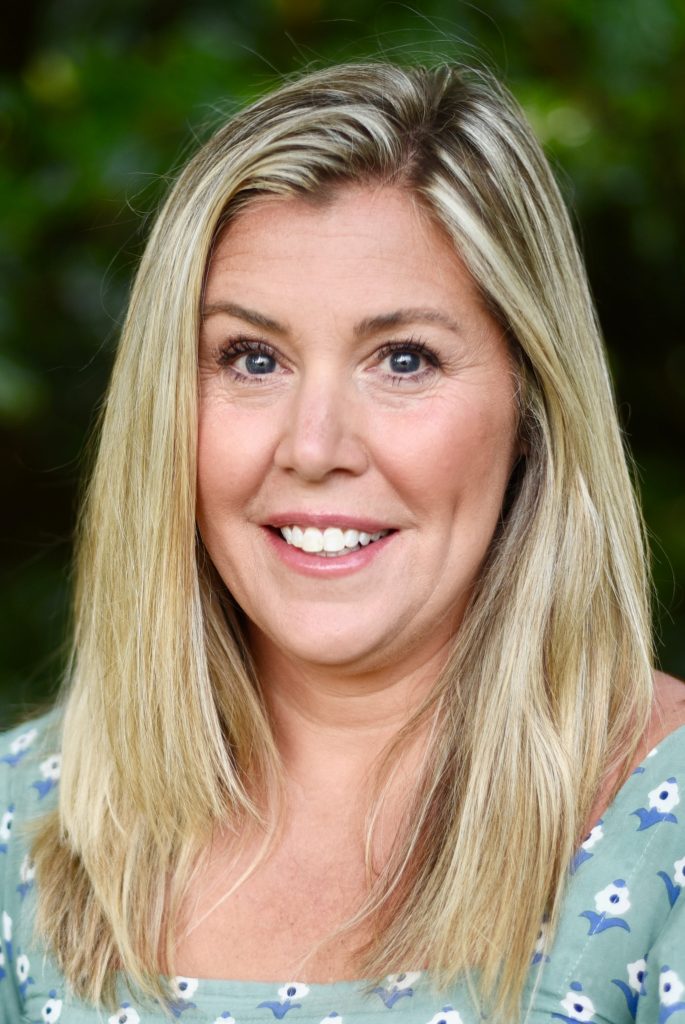
In Bringing Books to Life: Literacy at the Core of STEAM Learning, this experiential learning session at Reynolda Gardens will explore how children’s literature can anchor inquiry-based outdoor learning in the early grades. Using The Tale of Peter Rabbit as a model text, participants will walk through a StoryWalk® and engage in hands-on STEAM stations that demonstrate how young learners develop scientific understanding through observation, play, and narrative. Together, we will examine the interdisciplinary nature of literacy—how reading, science, art, and mathematics intersect in meaningful ways for K–2 students. We will also explore how narrative-based inquiry helps children make sense of scientific ideas by giving them a storyline to connect evidence, patterns, and cause-and-effect relationships—an approach that mirrors how scientists build explanations from observations. We will consider how StoryWalk®–style experiences support language development, curiosity, and foundational scientific thinking, and how these practices can be adapted for school gardens, schoolyards, and classroom settings. Educators will leave with a starter nature collection, standards-aligned lesson ideas, and a deeper understanding of how literacy can serve as the core of STEAM learning in elementary education.
Janie Bass is an educator with more than twenty years of experience in K–6 teaching, program development, and interdisciplinary learning design. She taught in North Carolina public schools for over eight years before establishing a learning resource program at a private school in Winston-Salem. She later moved into museum and garden education, designing experiential and inquiry-based learning experiences for Reynolda House Museum of American Art & Gardens. At Reynolda, her work centers on creating programs that connect students with art, history, and the natural environment. She developed the Reynolda Gardens K–6 field trip curriculum aligned with the North Carolina Science Standards and contributes to expanding garden- and nature-based learning across the site. Through funding from the North Carolina Science Museums Grant, she supports Reynolda Gardens’ efforts to offer free, standards-aligned field trips for Title I schools. Janie holds a Bachelor of Science in Early Childhood Education from Concord University and a Master of Education from Salem College.
Instructor: Dr. Adam Dovico, Professor of Practice & Academic Director of Curriculum & Instruction and Educational Leadership, Wake Forest University School of Professional Studies
Date: Wednesday, April 22, 2026
Time: 5:00 pm – 8:00 pm
Instructional Contact Hours: 3
Location: Worrell Professional Center (room 1109), Wake Forest University
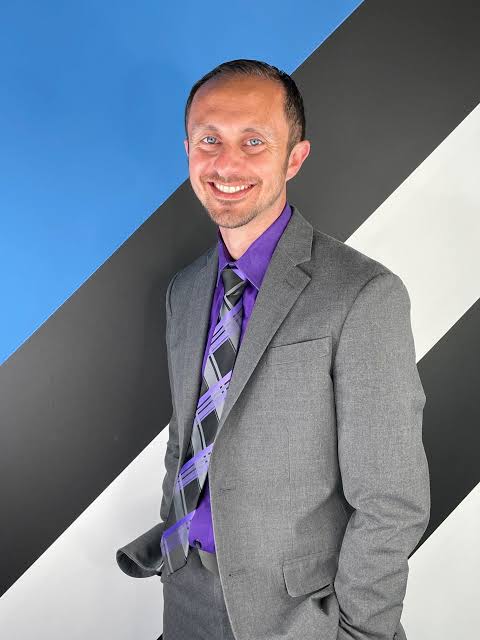
An exciting session centered around data? It can’t be! But it’s possible when Adam shows you that data is not a boring or scary word. In this engaging and interactive session titled Building a Data-Informed School Culture, you’ll discover how to make data literacy accessible, meaningful, and even fun for both teachers and students. Join Adam Dovico as he explores ways to facilitate conversations, instructional improvements, and student-led activities grounded in data — from classroom-level practices to whole-school trends. Learn how to help students and teachers interpret, visualize, and communicate data to strengthen their critical thinking and reconsider mundane routines.
Dr. Adam Dovico is an accomplished teacher, curriculum facilitator, principal, professor, speaker, and author. For over two decades, he has taught students of all ages through his engaging and rigorous teaching style. He is known for his time at the Ron Clark Academy, Get Your Teach On, Elevate Your Classroom, and Wake Forest University, along with hundreds of keynotes and workshops he has provided for educators from around the world. You can often find Adam standing on a table or chair dressed in one of his signature suits. He has been recognized by organizations such as the Japan Fulbright Memorial Fund, Learning for Justice, and the Atlanta Falcons for his leadership and teaching, and he continues to work for greater equity in schools through his culturally responsive pedagogy. You can learn more about Adam’s teaching and leadership online at adamdovico.com, on social media @adamdovico, or in his books: Inside the Trenches, The Limitless School, and When Kids Lead.
Instructor:
Dr. Sydney G. Carroll, Adjunct Professor, Department of Education, Wake Forest University
Date: Wednesday, May 6, 2026
Time: 1:30 pm – 4:30 pm
Instructional Contact Hours: 3
Location: Kaleideum

Literacy in Motion: Multimodal Strategies for Student Voice and Meaning-Making invites K–12 educators to explore advanced multimodal literacy practices that support student voice, comprehension, and critical thinking across grade levels and content areas. Grounded in the understanding that students communicate meaning in multiple ways beyond traditional writing, the session centers movement-based learning, visual and spatial representation, oral storytelling, and digital/multimodal composition as rigorous forms of literacy. Participants will engage in hands-on learning experiences that model how embodied response, visual mapping, collaborative storytelling, and multimodal design can deepen understanding without reliance on specific texts or scripted curricula. By the end of the session, participants will leave with ready-to-use multimodal instructional strategies, adaptable protocols, and a clear framework for designing literacy experiences that honor how students already communicate and make meaning in their everyday lives.
Dr. Sydney G. Carroll, NCC, LCMHC, LCAS A, is a scholar-practitioner, instructional coach, and curriculum developer focused on P-20 educator development. Her work centers on educator well-being, instructional sustainability, and identity-affirming professional learning, with particular attention to urban education contexts. Drawing on her background as a former English Language Arts teacher and clinical mental health counselor, Dr. Carroll has supported school districts, state departments of education, and higher education programs through instructional coaching, implementation of High Quality Instructional Materials, and professional learning design. She has served as a lead researcher on National Science Foundation-funded initiatives examining how professional learning supports elementary teachers in cultivating STEM identity among Black girls. Dr. Carroll’s scholarship spans peer-reviewed publications, applied research, and community-engaged work across domestic and international contexts, including a critical autoethnography examining belonging and resilience among Black women in graduate education. She earned her doctorate in Curriculum Design and Instruction from UNC Charlotte, holds a master’s degree in Clinical Mental Health Counseling from North Carolina A&T State University, and a bachelor’s degree in English from North Carolina Central University.
Instructor:
Dr. Joan Mitchell, Visiting Assistant Professor of English Education, Department of Education, Wake Forest University
Date: TBA
Time: TBA
Instructional Contact Hours: 3
Location: TBA
Registration: Coming Soon
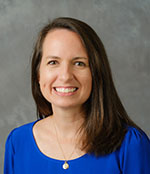
Crafting a Writing Identity explores the role of self-perception in the act of writing by asking, “Do you consider yourself a writer?” Decades of classroom practice and research have revealed that the majority of people, even those who are able writers, are reluctant to claim the title. The instructor’s experiences teaching at the high school and college level have affirmed these collective insecurities to be firmly entrenched. The roots of the writing identity crisis are complex, but they are influenced by highly-structured writing instruction, limited agency, and narrow views of what counts as writing. During this course, we will interrogate these influences by using writing research and theory to give language to the experiences that have hindered our writing lives. By examining model texts, practicing in writers’ notebooks, experimenting with various writing genres, finding our writing voices, and sharing with writing communities, we will expand our definition of “writers” to include ourselves. And, like the airplane oxygen mask metaphor, once we have secured a sense of our own writing identities, we are better equipped to help our students find theirs as well.
Dr. Joan Mitchell is Visiting Assistant Professor in English Education at Wake Forest University. She is a proud alumnus of Wake Forest where she received her BA in English and her MAEd in English education before earning her doctorate at the University of Alabama. Dr. Mitchell is a former high school English teacher who now serves as the secondary education director and English education coordinator in the Department of Education. She teaches undergraduate and graduate courses in writing pedagogy and English methods and supervises secondary student teachers during their internships. Her research focus is the pedagogy of revision and its impact on student writing. She is the co-author of the English education textbook Bridging English (6th ed.) and has published articles in various education journals and texts. As a regular presenter at both national and state conferences, Dr. Mitchell’s sessions have examined topics such as examining inequities in students’ opportunity to learn, embracing young adult literature, revitalizing nonfiction in the classroom, teaching effective revision strategies, and developing students’ writing identities.
Instructor: Brian Li, Mathematics and Finance Teacher, Providence Day School
Date: TBA
Time: TBA
Instructional Contact Hours: 3
Location: TBA
Registration: Coming Soon
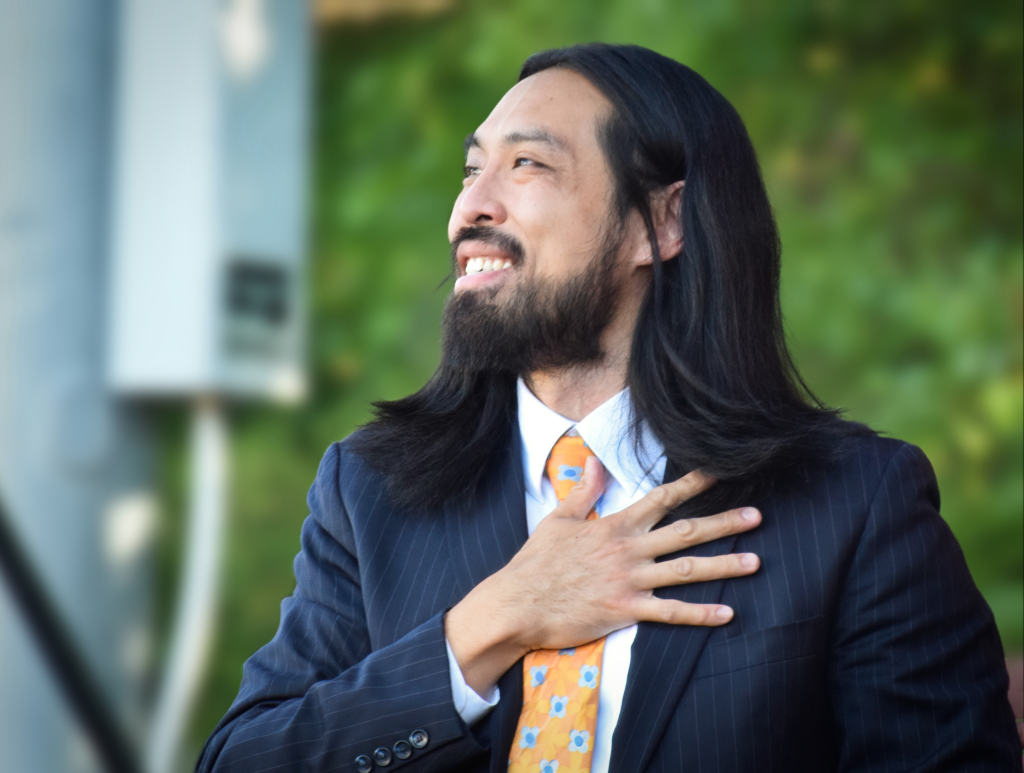
Do you ever feel overwhelmed navigating your personal finances — or unsure how to prepare your students for the financial world ahead? You’re not alone, and this workshop, Smart Steps: Financial Freedom for Educators…and the Students They Teach, is here to help. Join us for an interactive, hands-on session designed specifically for educators. You’ll learn the “financial order of operations” — a clear, step-by-step approach to making smart money decisions, from budgeting and debt payoff to investing and retirement planning. But we won’t stop there. You’ll also explore how to adapt these same principles to empower your students — whether in the classroom, advisory time, or informal conversations — so they can start building strong financial habits early. Through engaging activities, relatable scenarios, and practical strategies, you’ll walk away with: (1) A personalized financial roadmap you can apply immediately in your own life; (2) Ready-to-use tools and examples to introduce financial literacy concepts to students; (3) Confidence to model and mentor smart money behavior in your school community. This is financial literacy that starts with you — and extends to the next generation. Let’s take the smart steps together.
Brian Li was born in Boston and raised in the South. He graduated from Wake Forest University in 2003 with a double major in mathematics and anthropology. After graduation, he embarked on his next adventure—teaching in Charlotte, North Carolina. Following a year at a local high school, ‘B. Li’ joined the Providence Day School community in 2004, where he has been teaching math and finance ever since. His passions include reading, weightlifting, and advocating for diversity, equity, and inclusion through financial literacy. Most importantly, he enjoys spending time with his family. Recently, Brian has presented on the importance of financial literacy at major conferences such as the NAIS People of Color Conference, NAIS THRIVE – The Annual Conference, the NYSAIS Diversity Practitioners Conference, Strategenius EmpowerED Workshop Series, and several community platforms, including Charlotte is Creative and the Charlotte-Mecklenburg NAACP branch. He has also spoken at multiple NAIS member schools and volunteered at numerous financial literacy events. His expertise has been featured on WCNC Charlotte News, WDRB Media Radio, and the Teachers Forum podcast. Among his honors, Brian is a former Teacher of the Year and Endowed Chair of Teaching Excellence at Providence Day School. He has been recognized as a Charlotte Ledger 40 Over Forty recipient and voted a Top 16 Charlotte Observer Education Superhero. Additionally, Brian serves on the Board of Directors for Commonwealth Charlotte, Generation WE, and the Jadyn Davis Foundation.
Instructor:
Dr. Remi Kalir, Associate Director of Faculty Development and Applied Research with Learning Innovation and Lifetime Education, Duke University
Date: TBA
Time: TBA
Instructional Contact Hours: TBA
Location: TBA
Registration: Coming Soon
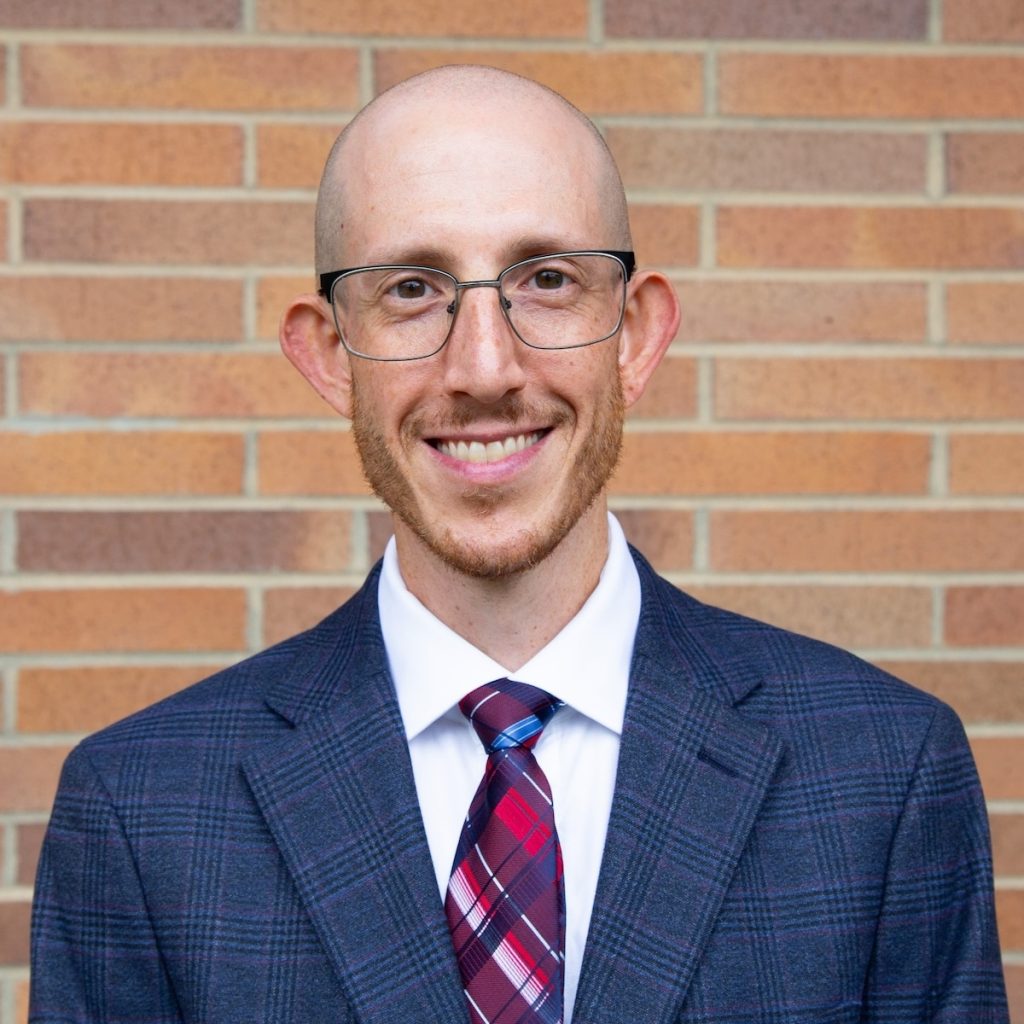
You are an annotator. As an educator, you annotate by adding notes to texts—whether by hand or with digital technology, perhaps to provide students with feedback or to model close reading. But why annotate in this AI saturated moment, when synthetic words are produced in mere seconds and students often struggle to read and comprehend complex texts? In this course, Annotation in the Age of AI, we’ll explore three practical strategies for encouraging student annotation. First, your students can annotate texts together, building shared comprehension and constructing knowledge in community. Second, your students can annotate their own writing, reflecting on their choices as authors and sharing metacognitive insights about their compositions. And third, your students can annotate the output of AI chatbots to correct errors and critique viewpoints. For centuries, annotation has enabled reading comprehension, social connection, and new knowledge. That won’t change because of AI, and this course will be a creative and critical exploration of why annotation remains a valuable literacy practice. You’re encouraged to bring an annotated book!
Remi Kalir, PhD, is Associate Director of Faculty Development and Applied Research with Learning Innovation and Lifetime Education at Duke University. As a scholar of annotation, Dr. Kalir has written two books—Re/Marks on Power: How Annotation Inscribes History, Literacy, and Justice (2025) and Annotation (2021), both published by MIT Press. He has also authored and contributed to over 50 peer-reviewed publications about learning technologies, literacy education, and professional development. Dr. Kalir began his career teaching literacy at Middle School 22 in the South Bronx, and earned his PhD in Curriculum and Instruction from the University of Wisconsin-Madison.
Past Course Descriptions
Instructor:
Pamela Henderson, Director of Magnet Schools, Winston-Salem/Forsyth County Schools
Date: Saturday, October 18, 2025
Time: 9:00 am to 4:00 pm
Instructional Contact Hours: 6
Available Seats: 25
Location: Kaleideum, Think Tank (2nd Floor)
Address: 120 West 3rd Street, Winston-Salem, NC 27101
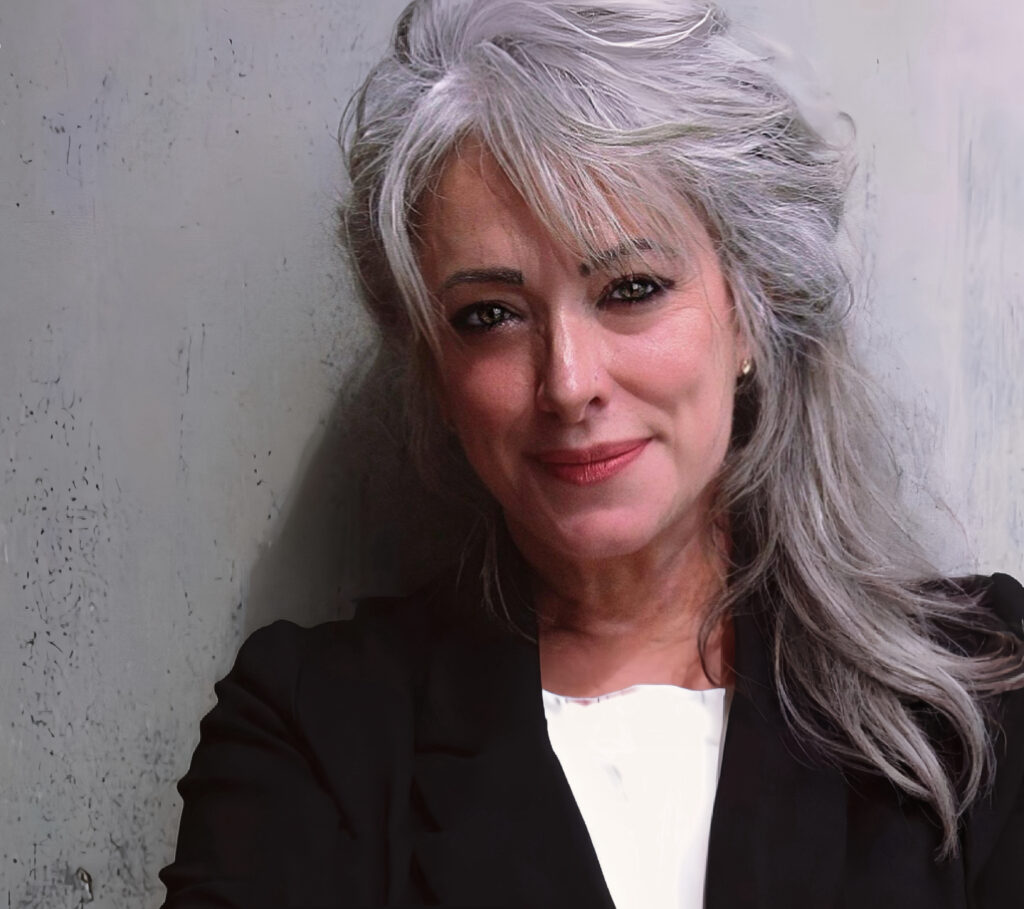
Reading the Room: A Strategic Approach to Student Growth through Centering Literacies of Strength will consider the question, how do we teach literacy in a chemistry lab—or a dance studio, a visual arts critique, or a history classroom? In this highly interactive session, we’ll expand the definition of literacy to include the diverse ways students express, interpret, and construct meaning across content areas—what we call literacies of strength. By recognizing and leveraging these student assets across all content areas, participants will explore how to design learning experiences that foster deeper engagement, encourage presence, accelerate student growth, and meet content standards. Framed by the RISE Framework (Relevant, Integrated, Strength-Based, Empowering), this session offers practical, student-centered strategies to align rigorous instruction with the ways students most naturally learn and communicate. Educators will leave with tools and ideas for designing lessons, activities, and assessments that connect program themes and content goals to student identity, voice, and future opportunity.
Pamela Henderson currently serves as the Director of Magnet Schools for Winston-Salem/Forsyth County Schools and is a national presenter on equity-driven, student-centered instruction. With nearly two decades of classroom experience, she brings a deep understanding of teaching and learning to her leadership work. Pamela holds a Master’s in Transnational and Multicultural Literatures and is currently completing her doctoral research at Appalachian State University, focusing on literacies of strength, specialized theme integration, and liberatory instructional design. She also serves on the Research and Writing Workgroup for Magnet Schools of America, contributing to national efforts to advance the impact and innovation of magnet programs. Pamela leads district-wide initiatives to build inclusive, future-ready learning environments where all students can thrive.
Instructor: Dr. Brook Davis, Professor, Department of Theatre & Dance, Wake Forest University
Date: Friday, January 2, 2026
Time: 1:00 pm to 4:00 pm
Instructional Contact Hours: 3
Location: Ring Theatre, Scales Fine Arts Center, Wake Forest University
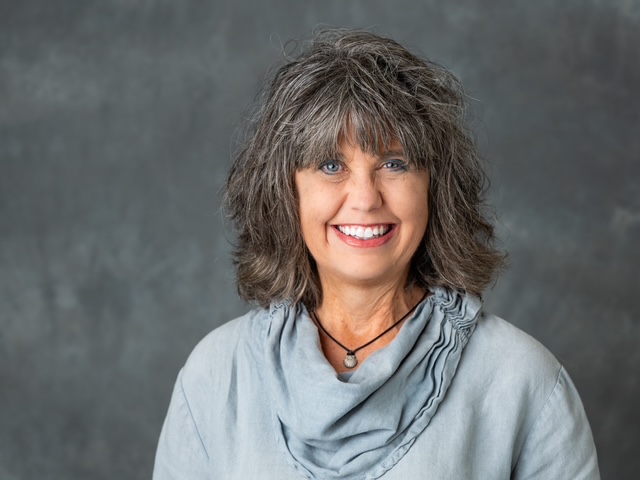
It’s Greek to Me: Teaching Shakespeare to Fearful and Reluctant People is led by a teacher who was once fearful and reluctant herself. This course will give you background, tips, and activities for making Shakespeare more user friendly for students of all ages. Sessions will include information on Shakespeare’s life and times; some basic strategies for reading, watching, and performing Shakespeare; and a look at Shakespearean performance and interpretation throughout the ages. This is a perfect course for the Shakespeare beginner as well as the Bard enthusiast.
Dr. Brook Davis joined the Wake Forest University Department of Theatre and Dance in 1997 and regularly teaches Introduction to Theatre, Dramatic Literature, Acting One, and Theatre in Education. She also directs for WFU and professionally. Brook’s research interests include theatre pedagogy; 20th and 21st Century American dramatic literature; and practitioner, educator and playwright, Constance D’Arcy Mackay. In 2000, Brook developed the Theatre in Education class that partners Theatre and Education students and places them in public school classrooms to assist teachers with theatrical, curriculum-based lesson plans.
TPL Flyer
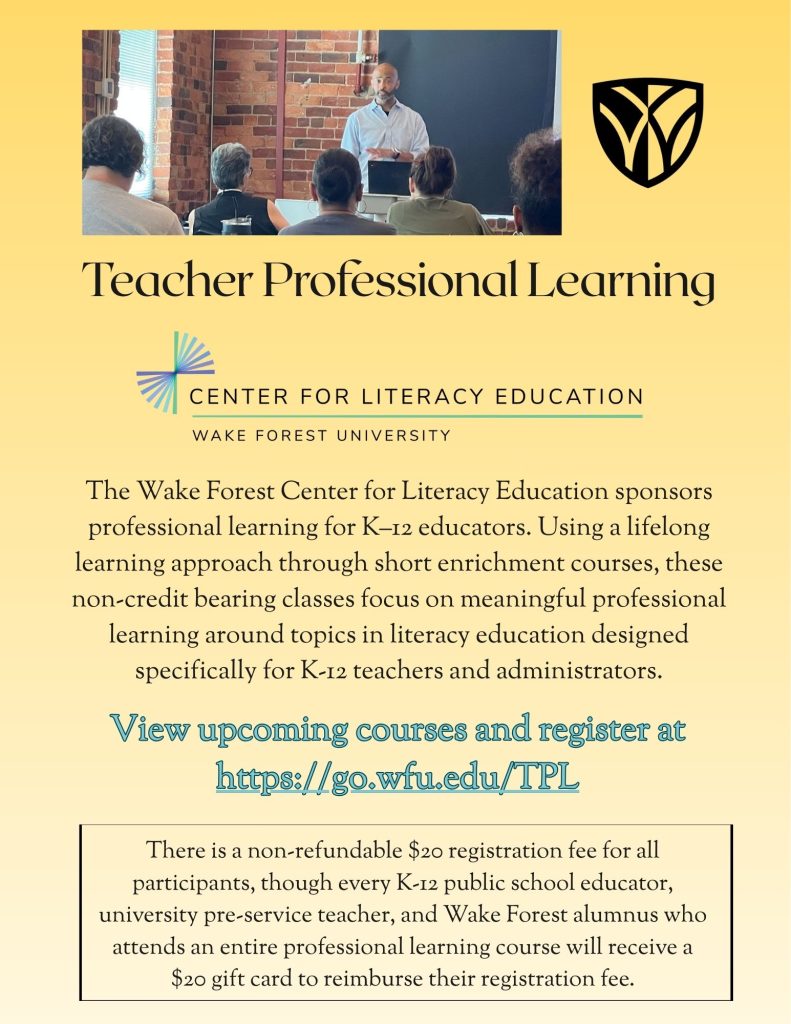
edCamp336
edCamp336 will be held on Saturday, February 28, 2026, from 8:30 am to 12:00 pm at Wake Forest University. Join us for a morning of professional learning done in a truly organic manner. The idea behind this “unconference” is to invite discussion that participants suggest and then lead for themselves. Registration is free and open to all K-12 educators and university students. Learn more and register here.
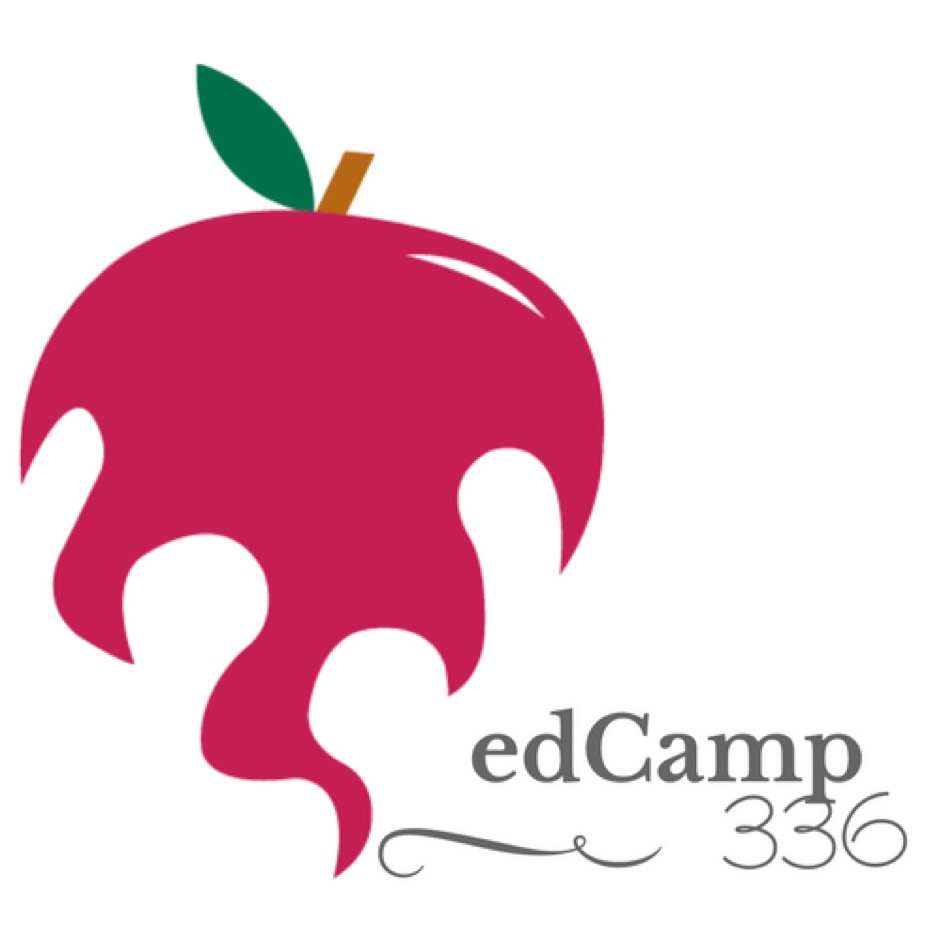
If you would like to support Teacher Professional Learning at Wake Forest University, please consider giving to the Center for Literacy Education. Your support will help ensure these courses remain accessible to K-12 public school teachers and administrators, Wake Forest alumni, and university pre-service teachers in the future.
To learn more about teacher education programs at Wake Forest University, please visit the Department of Education.
If you are interested in professional development residential programs, please visit the North Carolina Center for the Advancement of Teaching (NCCAT) with campuses in Cullowhee and Ocracoke. If you are interested in topics and courses beyond the realm of K-12 education, please visit the Lifelong Learning Program at Wake Forest University.

